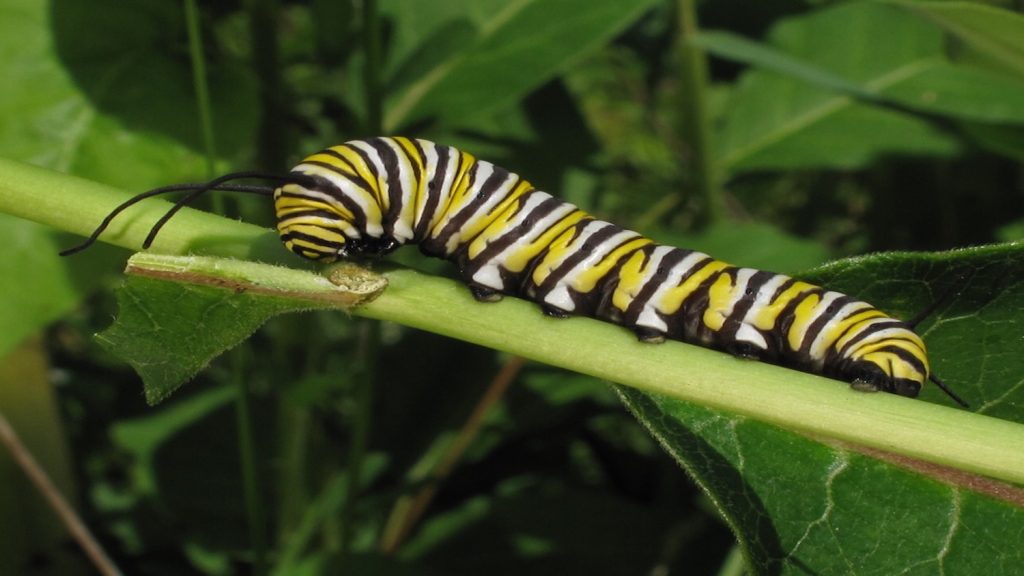Tree Eaters: Predicting the Response of Herbivores to the Integrated Effects of Urban and Global Change

Principal Investigator(s): Rob Dunn, North Carolina State University; and Steve Frank, North Carolina State University
Project Completion: September 2015. This project expands on work initiated under Integrating the Effects of Global and Local Climate Change on Wildlife in North America. This project is now completed.
Implements Science Theme: 4
Overview
Climate in the southeastern U.S. is predicted to be changing at a slower rate than other parts of North America; however, land use change associated with urbanization is having a significant effect on wildlife populations and habitat availability. We sought to understand the effect of global warming on both beneficial and pest insects of trees. We used urban warming as a proxy for global warming as many cities have already warmed as much, due to heat island effects, as they are expected to warm due to climate change by 2050 or even 2100. We were able to develop good predictive models of how warming influences beneficial and pest insects for cities in the Southeast and across the east coast more generally. We were also able to predict how tree health will respond to these changes in insect communities. In addition, by comparing our results to those we garnered from herbarium specimens (many insects can be found on herbarium specimens) we could show that the effects of urban warming match those of climate change through time. In short, a subset of pests is likely to get far worse with warming and this effect is likely to be most pronounced in the southeast. A second body of work built on these discoveries to consider how to protect trees and forests from the pests that do better with warming. Work continues to be focused on the importance of which trees are present (or planted) and the diversity of those trees.
